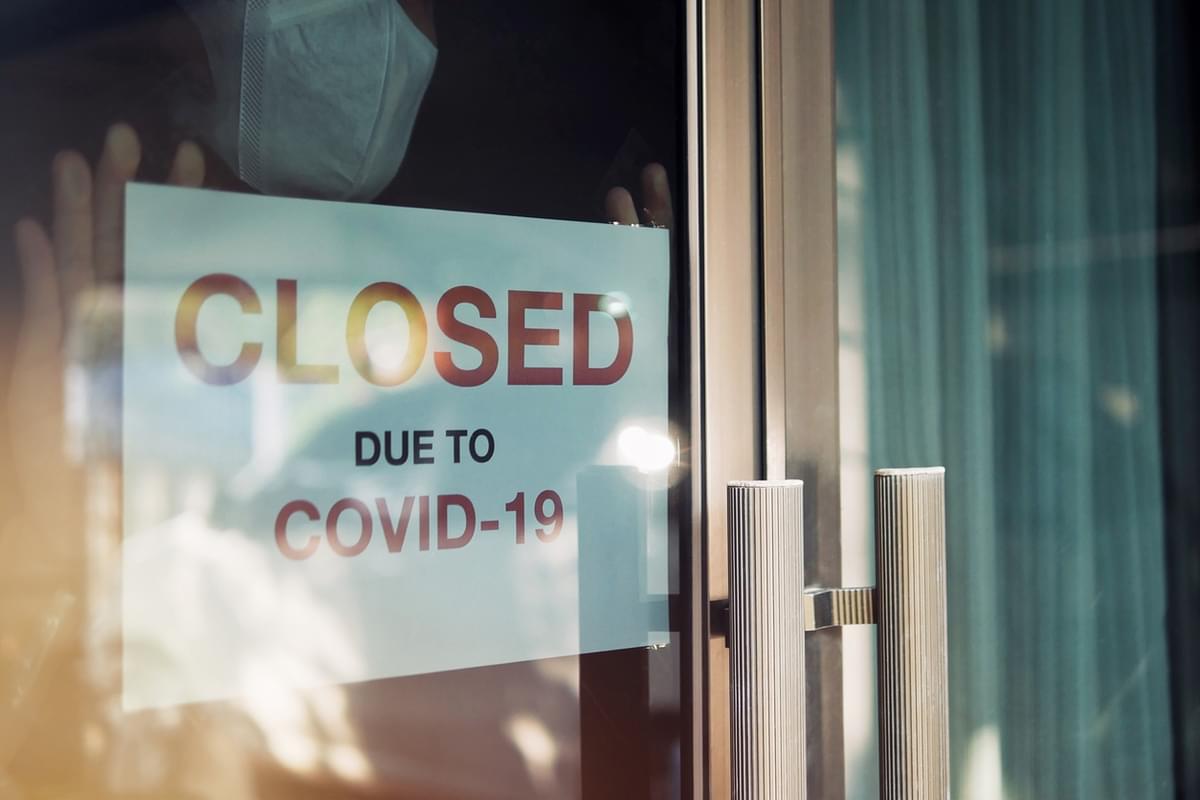
Commercial Rent (Coronavirus) Act

Update: Commercial Rent (Coronavirus) Act 2022
On 24th March 2022, the Bill received Royal Assent and came into force on 24th March 2022.
The moratorium on CRAR and forfeiture of lease ended on 25th March 2022. Read more ...
The Commercial Rent (Coronavirus) Bill is likely to further add to the woes of commercial landlords.
The Bill, which covers protected rent arrears incurred by tenants during the pandemic, had its first reading in the House of Commons on 9th November 2021.
It prohibits landlords from using any recovery method, including a court judgment, to recover protected rent arrears, other than arbitration.
This is in addition to the existing moratorium, due to end on 25th March 2022, on forfeiture, commercial rent arrears recovery (CRAR) and winding up petitions.
Which arrears are protected?
The new legislation relates to protected rent arrears; the criteria are:
- A business tenancy, as defined by Part II of the Landlord and Tenant Act 1954
- Where the business and/or premises were required to fully or partially close under Coronavirus regulations. It is immaterial if some limited activities were permitted despite the obligation to close
- The arrears related to the “relevant period” which is beginning at or after 2pm on 21st March 2020 and ending at or before 11:55pm on 18th July 2021 (in England) or 6am on 7th August 2021 (in Wales)
In the Bill, the protected arrears relate to rent, service charges, including repairs, maintenance, management costs and insurance, as well as interest on the unpaid amount.
Which recovery methods are not permitted?
The Bill prevents a landlord who is owed a protected rent debt from using the following remedies to recover this debt during the moratorium period (which begins the day the Act is passed and ends either when arbitration has concluded or when the six months arbitration application period has passed):
- Making a debt claim in civil proceedings
- Using the commercial rent arrears recovery power (CRAR) and the protected debt is to be disregarded when calculating the net unpaid rent for CRAR
- Give notice of enforcement in relation to the protected debt
- Enforcing a right of re-entry or forfeiture
- Using a tenant’s deposit
If payment had been lawfully taken out of the tenant’s deposit before the moratorium period, and that rent owing is deemed to be protected, the debt will be deemed to be unpaid protected rent and the tenant is not obliged to top up the deposit during the period.
Any debt claims for protected rent arrears, including court judgments or a bankruptcy petition based on a statutory demand, issued between 10th November and when the Act comes into force will be stayed. Landlords will not be able to issue debt claims for these arrears until either the end of the arbitration application period or the arbitration process.
Arbitration
This is the only option available to the tenant and landlord should direct discussions between the parties fail to produce an agreement. The arbitration body used must be approved by the Secretary of State.
Either the tenant or the landlord may start the arbitration process, provided they do so within six months of the date when the Act is passed (the application period).
The arbitrator’s guiding principles will be preserving the viability of the tenant’s business and the landlord’s solvency.
Relief from payment can mean one or more of:
- Writing off the whole or part of the debt
- Giving time to pay, including via instalments
- Reducing the interest on all or part of the debt
Arbitration is, however, not an option should the tenant be subject to:
- A company voluntary arrangement which relates to any protected rent debt that has been approved under section 4 of the Insolvency Act 1986
- An individual voluntary arrangement which relates to any protected rent debt that has been approved under section 258 of that Act
- A compromise or arrangement which relates to any protected rent debt that has been sanctioned under section 899 or 901F of the Companies Act 2006
What if the tenant defaults?
If the tenant defaults on the payments needed in the award, the arbitration award can be used as the basis for enforcement. The Bill has been drafted with the aim of enabling the landlord to enforce any default under the award by the tenant in the same way as a default on rent under the lease.
It will be for the landlord to decide what method of enforcement to use in respect of the default. However, one option would be to seek the leave of the court to enforce the award in the same manner as a judgment or order of the court (under section 66 of the Arbitration Act 1996).
Extension
The Bill allows for the Government to extend the timescales under a statutory instrument, should this prove necessary.



